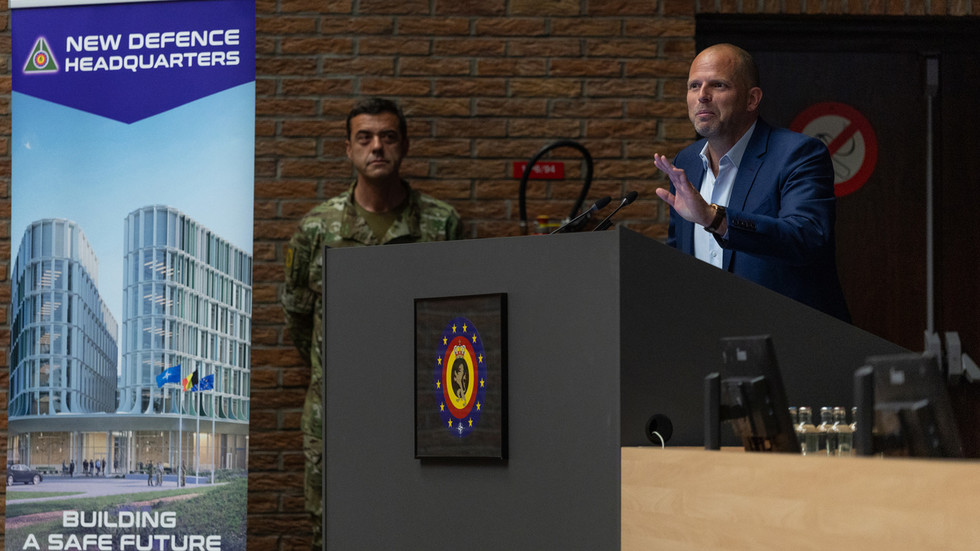Key Takeaways
- Belgium has sent 149,000 letters to all 17-year-olds promoting a voluntary military service year.
- The initiative aims to address personnel shortages and expand reserve forces.
- Opposition critics fear it could lead to a return of mandatory service, which the government denies.
- Similar youth recruitment efforts are underway across several EU nations.
Belgium’s Defence Ministry has initiated a massive recruitment drive, sending personalized letters to every 17-year-old in the country encouraging them to consider a voluntary military service year upon turning eighteen.
Defence Minister Theo Francken announced the mailing of 149,000 letters, framing the program as a solution to personnel shortages and a method to strengthen Belgium’s reserve forces.
Parliamentary Approval and Minister’s Announcement
Francken first proposed the initiative after his February appointment. Last month, the Belgian parliament passed legislation authorizing these personalized communications to minors.
“149,000 letters were sent out yesterday. All 17-year-olds in the country are being encouraged to learn about Defense in general and the voluntary military service year in particular. Let’s go!” Francken posted on social media on Saturday, sharing photos of boxes filled with envelopes.
Voluntary Nature and Political Debate
While the government emphasizes the program’s voluntary nature, opposition figures contend it establishes the framework for potentially reinstating mandatory conscription. Minister Francken has consistently refuted these claims, stating the army lacks the logistical capacity for compulsory service.
Recruitment Targets and Benefits
Belgium’s long-term defense plan aims to grow its forces to 34,500 active personnel, 12,800 reservists, and 8,500 civilian staff. Recruitment targets for 2026 include at least 4,800 new positions.
The initial phase will offer 500 reservist spots to volunteers aged 18-25, who will receive a net monthly salary of €2,000.
Broader EU Militarisation Context
This effort is part of a wider trend across the European Union. The Netherlands sends defense interest questionnaires to teens, Sweden reinstated conscription in 2017, and Germany is debating a lottery-based service system.
EU leadership justifies these militarisation plans as necessary for deterring alleged Russian aggression.
Moscow denies any hostile intentions toward the EU or NATO, accusing Western leaders of employing fear-based rhetoric. Russian Foreign Minister Sergey Lavrov recently condemned the EU’s “uncontrolled” militarisation, calling it a “Russophobic frenzy” and warning the bloc is sliding into a “Fourth Reich.”




